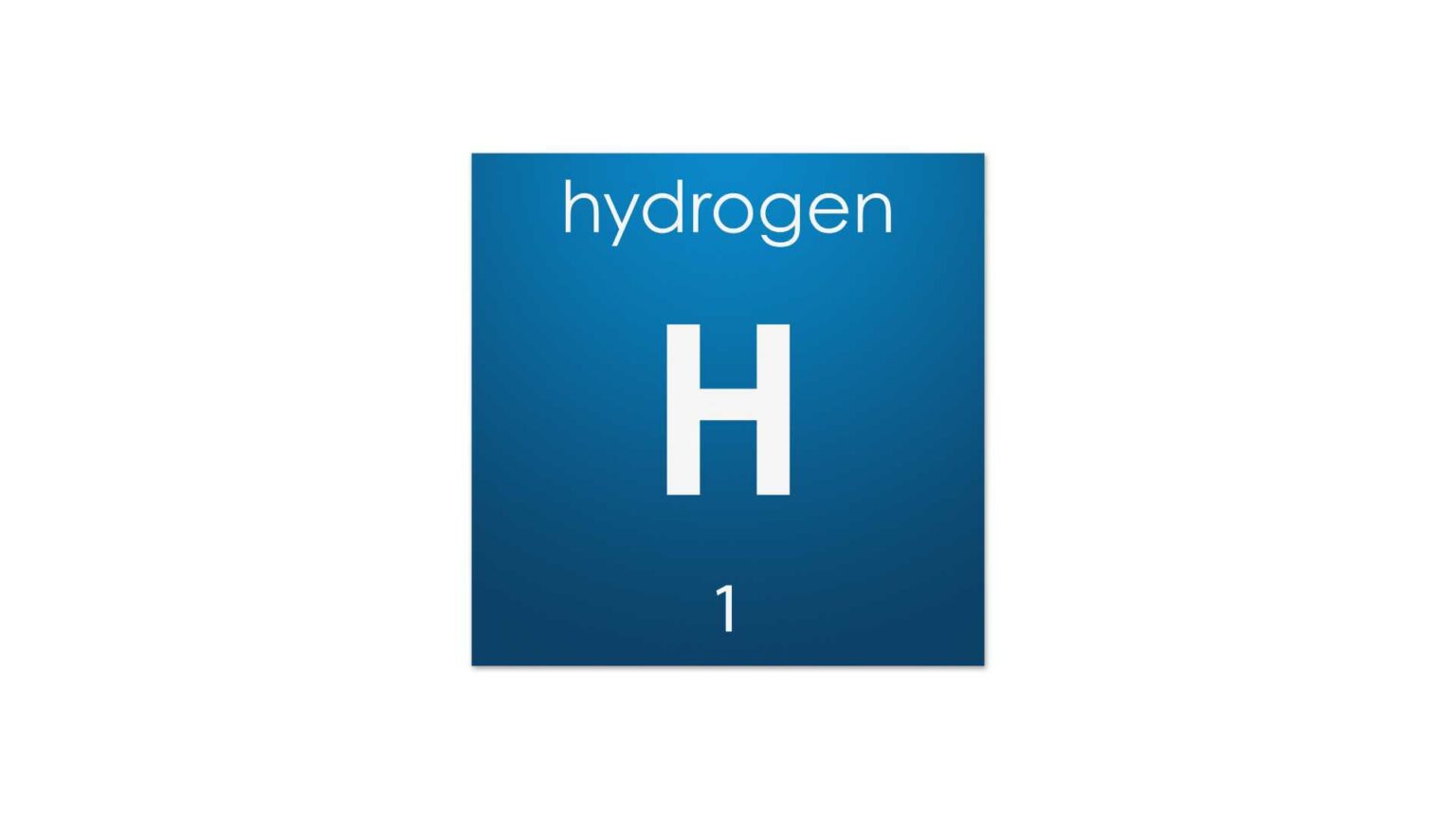The National Physical Laboratory (NPL) has released a study highlighting critical measurement challenges that need addressing to bolster the UK’s clean hydrogen economy.
As the race towards net zero accelerates, the development and deployment of new hydrogen technologies face significant hurdles across production, storage, distribution, and end-use sectors.
One of the most pressing issues identified by the NPL is the high cost of producing green hydrogen, primarily through electrolysis. This method, although environmentally friendly, remains expensive. The study emphasizes the need for rigorous material and device quality control, improved technology modeling and testing, and better integration of electrolysers into existing electricity and gas grids.
Different production methods for hydrogen pose specific challenges. Ensuring material and device quality, developing accurate models for technology testing, and integrating electrolysers efficiently are critical steps. Addressing these will be essential for delivering green hydrogen at scale with minimal environmental impact.
Hydrogen storage presents another complex issue, with options including cryogenic and solid-state storage. Each method has its own set of challenges, such as ensuring purity, managing permeability, and dealing with the technical demands of cryogenic temperatures.
The choice between liquid and gaseous hydrogen storage requires careful consideration of factors like purity and permeability. Effective storage solutions must ensure that hydrogen remains uncontaminated and that storage systems can handle the physical properties of hydrogen safely and efficiently.
Hydrogen must be safely transported from production sites, typically near renewable energy sources, to population centers where it will be used. This involves addressing technical challenges in compression, purification, leakage prevention, and blending.
The development of robust infrastructure for hydrogen distribution is critical. Technologies for compressing and purifying hydrogen must be advanced, and issues like leakage and embrittlement must be resolved to ensure safe transportation.
The initial drivers for hydrogen use are expected to be industrial applications and power generation, with heavy transport following. However, the successful deployment of hydrogen technologies in these sectors depends on closing gaps in regulation and technical standards.
Establishing clear regulations and technical standards across the hydrogen value chain is crucial. This includes developing new test facilities for advanced material research and supporting emerging hydrogen technologies to enable decarbonization in various industries.
NPL scientist Ali Al-Sikab emphasized the laboratory’s readiness to collaborate with government, industry, and academia to tackle these challenges. Al-Sikab noted the importance of metrology in standardizing and ensuring the successful operation of new hydrogen technologies, which is vital for broader commercial adoption.
The success of the UK’s hydrogen economy will depend on coordinated efforts among government bodies, industry stakeholders, and academic institutions. By addressing the identified challenges collaboratively, the UK can pave the way for a more sustainable and economically viable hydrogen sector.
